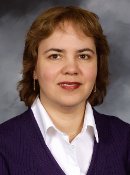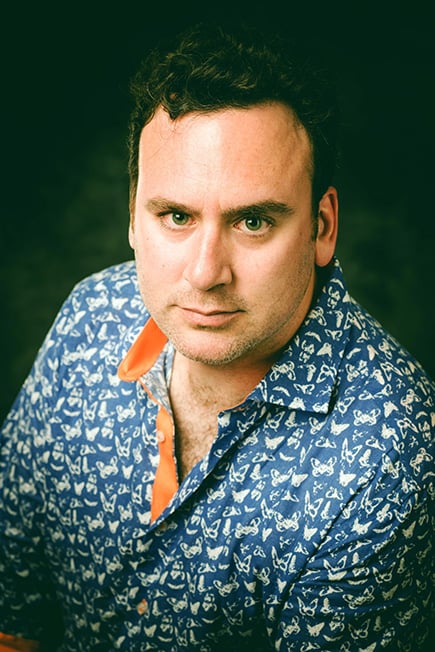 ICC Director Tim Havens (DataS) presented an invited talk, “Explainable Deep Fusion,” at the Technological University of Eindhoven, The Netherlands, on May 7, 2019.
ICC Director Tim Havens (DataS) presented an invited talk, “Explainable Deep Fusion,” at the Technological University of Eindhoven, The Netherlands, on May 7, 2019.
Like a winning trivia team, sensor fusion systems seek to combine cooperative and complementary sources to achieve an optimal inference from pooled evidence. In his talk, Havens introduced data-, feature-, and decision-level fusions and discussed in detail two innovations he has made in his research: non-linear aggregation learning with Choquet integrals and their applications in deep learning and Explainable AI (XAI).
 The Office of the Provost and Senior Vice President for Academic Affairs has announced that Dr. Timothy Schulz (DataS), professor of Electrical and Computer Engineering, has been named a 2019 University Professor.
The Office of the Provost and Senior Vice President for Academic Affairs has announced that Dr. Timothy Schulz (DataS), professor of Electrical and Computer Engineering, has been named a 2019 University Professor.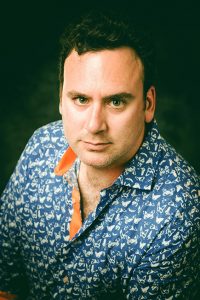
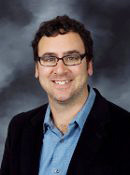
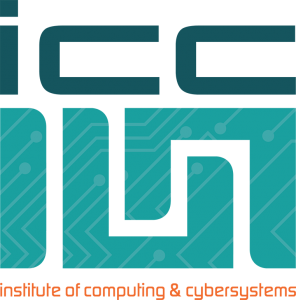 Three ICC members are finalists in the 2017 Distinguished Teaching Awards presented by The William G. Jackson Center for Teaching and Learning. Nominees are recognized for their outstanding contributions to the instructional mission of the University. Based on more than 50,000 student ratings of instruction responses, ten finalists have been identified for the 2017 awards. The ICC member finalists are:
Three ICC members are finalists in the 2017 Distinguished Teaching Awards presented by The William G. Jackson Center for Teaching and Learning. Nominees are recognized for their outstanding contributions to the instructional mission of the University. Based on more than 50,000 student ratings of instruction responses, ten finalists have been identified for the 2017 awards. The ICC member finalists are: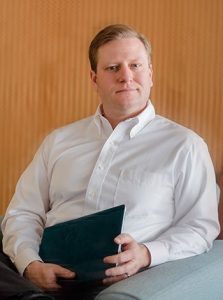 Only 58 scientists and engineers were invited to join the Air Force’s Young Investigator Research Program (YIP) this year.
Only 58 scientists and engineers were invited to join the Air Force’s Young Investigator Research Program (YIP) this year. 